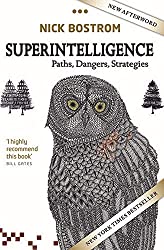Rating: 7.8/10. It is unclear whether or when strong AI (superior to humans on a wide range of tasks) will be achieved, but many experts predict 2040-2050. Some possible ways to achieve strong AI: Current artificial intelligence path: unclear whether this will succeed, but it’s also the most unpredictable, since a small missing piece can…
Author: Bai Li
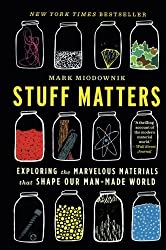
Stuff Matters by Mark Miodownik
Rating: 5.5/10. Pop science book by a material science professor, where each chapter talks about some material, their properties, history, etc. The first chapter “indomitable” is about metals: they’re as hard as rock but much more malleable so they don’t break easily. Humans first figured out how to make copper by heating a rock, then…
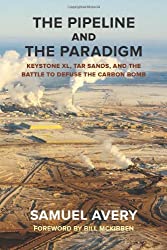
The Pipeline and the Paradigm by Samuel Avery
Rating: 6.8/10. The Keystone pipeline runs from Alberta down into the US into Texas and the Gulf of Mexico, and has attracted a battle between environmentalists and the oil industry. In this book, the author (an environmentalist who installs solar panels) interviews various people involved in the pipeline. There is first the local concern of…
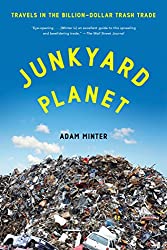
Junkyard Planet by Adam Minter
Rating: 8.2/10. Book by journalist and son of scrapyard owner. Americans think of recycling as an environmentalist act, but in reality it’s more like harvesting valuable materials out of what would otherwise be trash. Metals like copper, steel, and aluminum are harvested from all kinds of things like Christmas lights, cables, cars, etc. It’s a…

Designing Voice User Interfaces by Cathy Pearl
Rating: 7.3/10. Voice user interfaces like Siri and Alexa have improved in some ways, but in many other ways are similar to IVR phone systems from the 1970s. This book goes through various things to look out for while designing them. For example: Be as brief as possible and use visual mode to display lots…
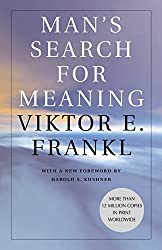
Man’s Search for Meaning by Viktor Frankl
Rating: 8.5/10. An autobiographical book where the author describes the psychology of prisoners in Nazi concentration camps. What’s the difference between the survivors and non-survivors? According to Frankl, the key difference is the will to survive — in the camps, you constantly have to use clever means to survive (eg: trading cigarettes for soup to…

The Fever by Sonia Shah
Rating: 9.0/10. History and science of malaria, a disease that has been around for 500,000 years and is still a problem today, even though many infectious diseases have been eradicated. Malaria is caused by a protozoan parasite that feeds on red blood cells, it’s transmitted by mosquitos. After millennia of co-existence with humans, the parasite…
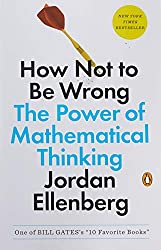
How Not to Be Wrong by Jordan Ellenberg
Rating: 6.8/10. Kind of like the Freakonomics of math, describes a variety of situations where math (mostly statistics) is useful in real life. Some of it is heuristics to avoid common fallacies, then a mix of random topics with tenuous connection to real life events, but the author doesn’t have much of a coherent point…

Split Tooth by Tanya Tagaq
Rating: 8.5/10. First novel by Tanya Tagaq, an Inuit throat singer. She tells the story of an Inuit girl in the 1970s, growing up in Nunavut in the high arctic. At first, she is a girl, and various problems like bullying, drugs, sexual assault on young girls are common. She matures and learns to fight…
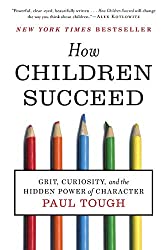
How Children Succeed by Paul Tough
Rating: 7.3/10. Proposes that the two biggest factors that determine whether a child succeeds or fails are: Stress and traumatic events in childhood is bad, and this can be mitigated if the parents give the child attention. Grit / perseverence / self-control is important, more so than IQ. The book describes several programs implemented in…
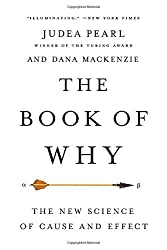
The Book of Why by Judea Pearl
Rating: 8.0/10. Book by Judea Pearl, one of the leaders of causal inference who received a Turing award for inventing Bayesian networks. It has some equations, with a level of technicality somewhere between a typical popular science book and a textbook. Causal inference is required because it’s impossible to tell between causation and correlation from…
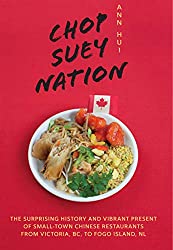
Chop Suey Nation by Ann Hui
Rating: 7.9/10. A journalist makes her way across Canada from Vancouver to Fogo Island in Newfoundland, surveying Chinese restaurants in small towns across the country. In parallel, she tells her personal story of how her family originated from Toisan and ended up in Vancouver running Chinese restaurants, and the family narrative ends up being quite…
